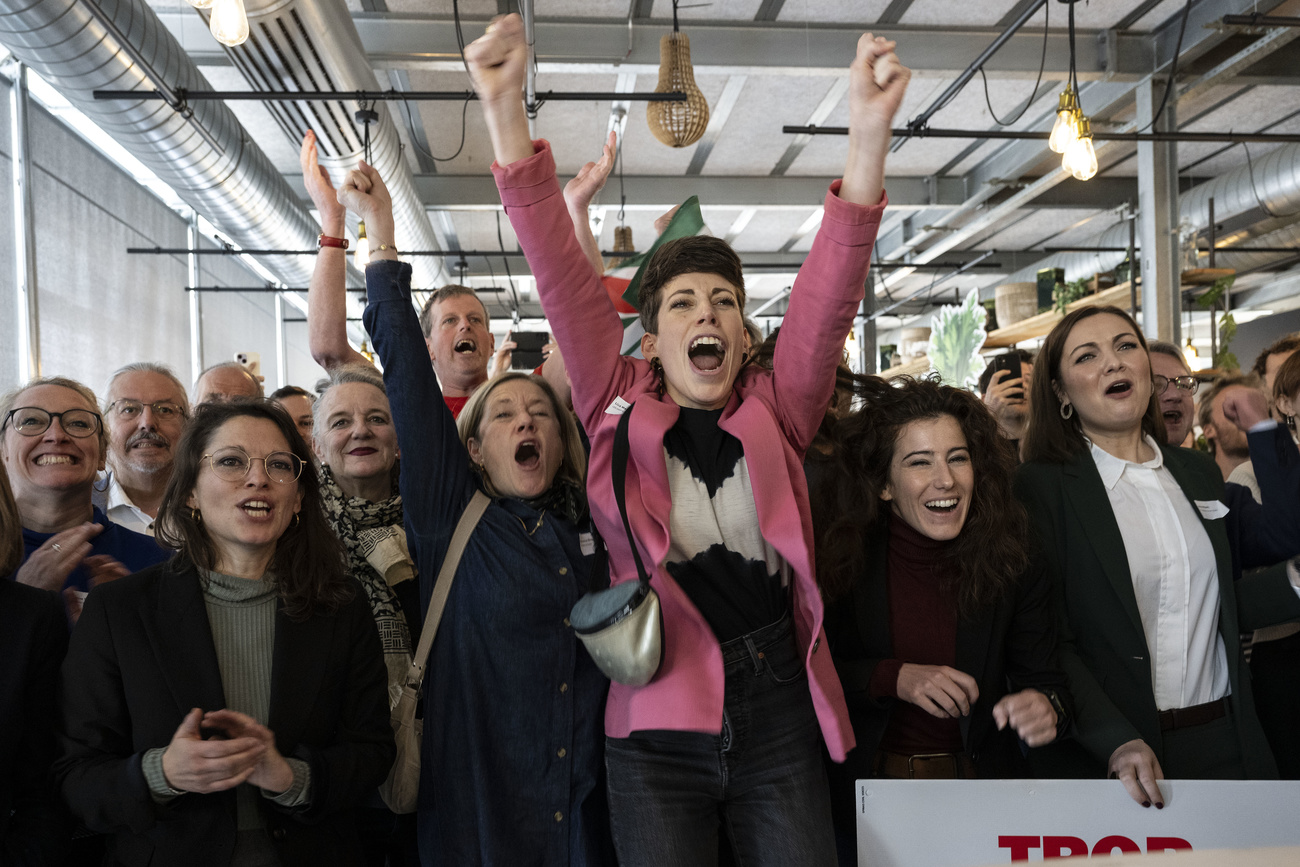European IPOs fizzle out as political turmoil roils stocks

By Anousha Sakoui, Emma-Victoria Farr and Elisa Anzolin
LONDON (Reuters) -The European IPO market is unlikely to see any new candidates until after the summer, as political uncertainty has roiled markets, bankers said.
This week Italian luxury sneaker brand Golden Goose and Spanish fashion retailer Tendam both postponed planned listings citing the impact that France’s snap election had on markets.
The election call last week in response to a drubbing in a European Union vote by the far right pushed down the euro while French blue-chip stocks dropped and bonds tumbled.
But several bankers stress the market is not closed for deals, as year to date share sale volumes have staged a recovery. In one example this week, frozen bakery goods company Europastry announced its intention to list in Spain and raise at least 225 million euros.
“I don’t think the market is closed but clearly for an IPO market that was tentatively recovering it has been a bit of a knock,” said Andreas Bernstorff, head of equity capital markets at BNP Paribas.
Even if there are fewer IPO candidates as political uncertainty continues, with some even shifting their plans to 2025, share sales in already listed companies will continue, bankers said. Block trades are still popular with investors with around $150 million shares in Johannesburg-listed Momentum Metropolitan sold this week.
“The recent volatility we have seen around French elections is more likely to affect continental European transactions which are sensitive to the macroeconomic environment, but equally there is a good debate in Europe around pro-growth policies which could benefit investor sentiment,” said Alex Watkins, co-head of equity capital markets international at JP Morgan.
Share sales across Europe, Middle East and Africa year to date have reached $89.8 billion, up 45% from the same period last year, Dealogic data shows. That is still off the recent high of $168 billion for the same period in 2021.
The value of IPOs year to date stands at $19.5 billion, up 117% from the same period last year, with successful offerings from CVC, Galderma and Puig.
But the shock announcement of a parliamentary election in France which kicks off June 30 caused a spike in volatility and a sell-off in stocks. Last week the Euro STOXX 50 volatility index jumped to its highest level since October.
On Tuesday night Golden Goose, which makes $500 sneakers, and its owner buyout fund Permira, decided to pull an IPO it had announced at the end of May. The at least 508 million euro offering was thrown into doubt as shares of France’s LVMH and another luxury peer Moncler sank.
Part of Permira’s decision was uncertainty over the after-market, notably given the performance of another of its IPOs Dr Martens, people familiar with the matter said. The British bootmaker’s shares are down 78% since its 2021 float. Permira declined to comment.
The summer is typically a quieter period for new issues and some bankers have been warning that investors are being selective about the deals they will back.
“There is a moderate pipeline post summer, but it won’t be a bonanza,” Watkins said. “The pipeline is building strongly for 2025 onwards.”
Investors are concerned about the potential impact of the French elections and are worried about what a surge to the right politically will mean for the European Union, and for issues like Ukraine and fiscal policy, one equity capital markets banker said, speaking on condition of anonymity.
The U.S. elections in the autumn are also likely to have an impact on the timing of IPOs, but bankers believe investors are less concerned about the potential for market volatility. That could mean a better chance for those companies looking to list from September onwards.
“There are some IPOs that are lining themselves up to come after the summer and they might have a better shot than previously thought,” Bernstorff said.
Companies including German academic publisher Springer Nature and drugmaker Stada could IPO later this year, Reuters reported recently.
(Reporting by Anousha Sakoui, Emma-Victoria Farr and Elisa Anzolin. Additional reporting by Helen Reid and Samuel Indyk; Editing by Elaine Hardcastle.)







